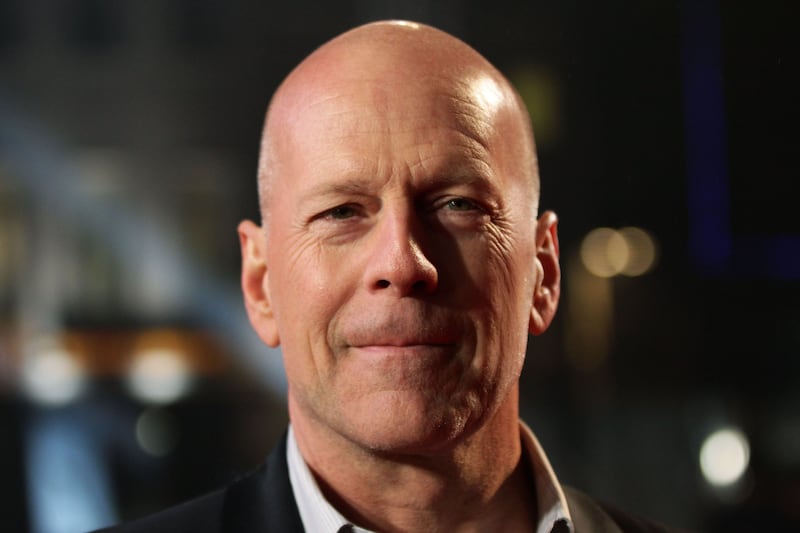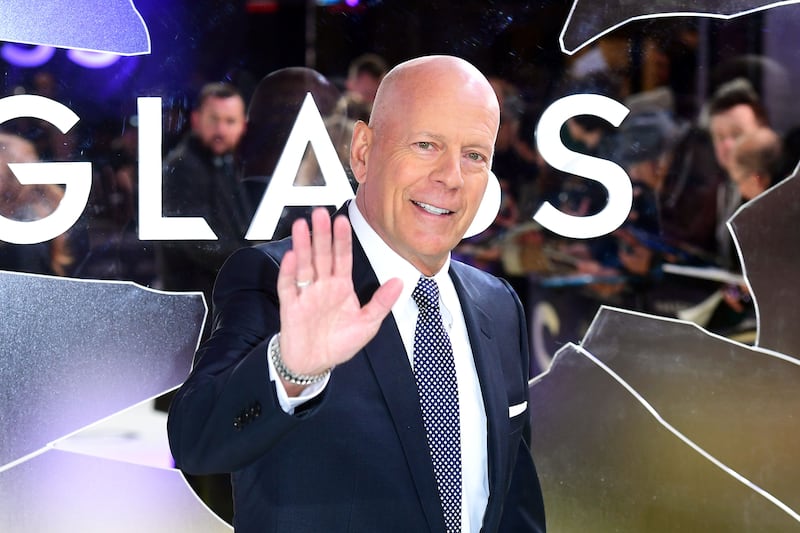THE election of Donald Trump as US President has brought to the fore, questions on how the perceived inappropriate use of social media can have wide and often negative implications.
The former Apprentice star was already well known for his outspoken comments on Twitter before being elected leader of the free world and that reputation has shown no signs of lessening in the months since his inauguration.
And although almost each of his posts makes a headline, the publicity generated is often negative in tone and provides precisely the manner of column inches that businesses want to avoid.
It has therefore left many employers asking, ‘what if an employee was to tweet like Trump?’.
The issue of how employees conduct themselves online, even outside of work hours, has taken on greater significance in recent years, driven by a combination of greater internet access and wider use of mobile devices and smart phones.
Social media generally is also well established as an important tool both for businesses and staff members but while it presents clear benefits, the associated risks are also tremendous.
Thankfully, there are key steps that can be taken to mitigate the risks of inappropriate use of social media by staff.
For a company that has its own social media channels, this gives them the opportunity to take a certain degree of control of its online reputation, contributing on the company’s behalf and playing an active role in handling problems.
It allows for open and transparent communications with its target market and if a major problem arises – which customers are voicing online – it can be addressed promptly via social media channels.
However, it also means that even the smallest joke or comment taken the wrong way can spark a firestorm of criticism.
While this can be avoided to a degree by maintaining a tight control over company accounts, it is neither possible, nor desirable, to control the output of employees.
Staff members can instantly tweet, post or make comments from almost anywhere at any time, which of course means there is a greater risk of them saying something that might damage the reputation of their employer.
This is important because the way that the public views any business is vital to helping it grow, retain first-class employees and for marketing products and services.
By seeking professional advice, firms can follow several key steps to reduce its exposure to negative publicity online, not least establishing a clear social media policy.
Policies should apply both to the business itself and its staff. Therefore, anybody with access to the business social media accounts should be well versed on company policies with each post evaluated to consider whether it could be potentially damaging.
A robust social media policy, while not seeking to control employees’ actions outside work hours, should encourage caution and discretion when posting any material that could affect the business’ operations or reputation.
All procedures must also adequately provide for action when inappropriate use of social media does occur either during or after employment.
Involving staff in the process of setting it up, can help ensure employees buy into the finalised policy and lessen the risk to the company’s reputation, and ultimately its bottom line.
:: Janet Kerrigan is service and development director at Willis Employment Services, a division of Willis Insurance and Risk Management









